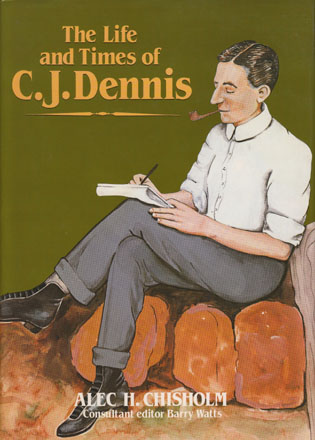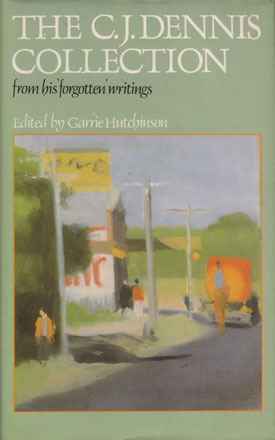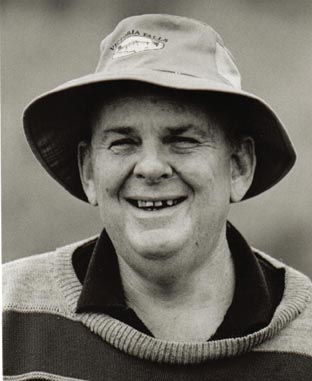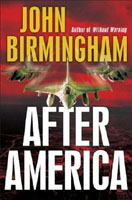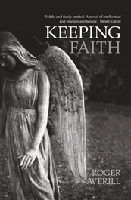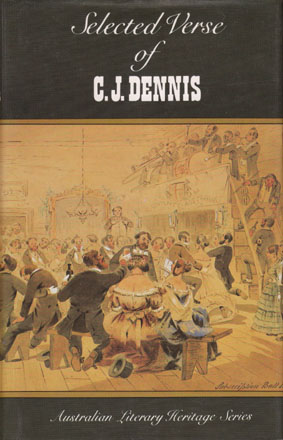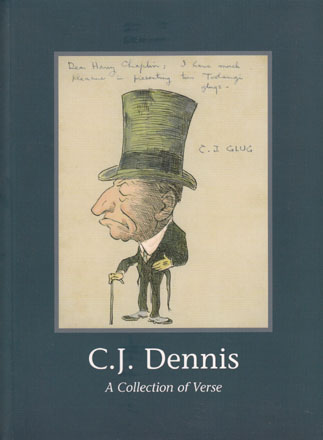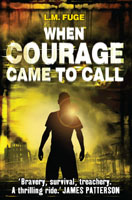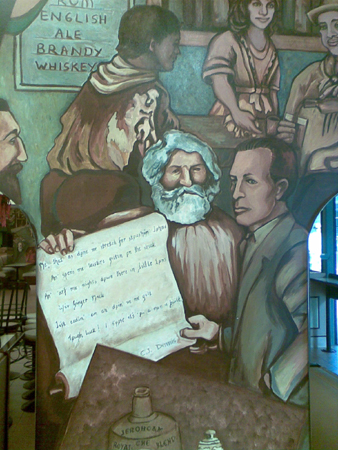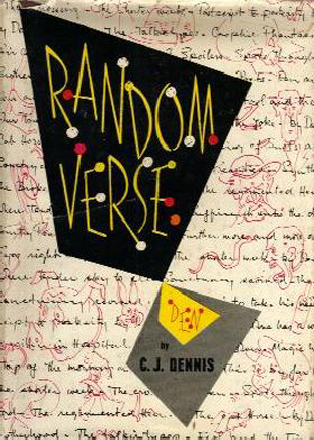The shorlists for the Australian Book Industry Awards have now been
released. The lists are as follows:
Chain Bookseller of the YearNSW/ACT Dymocks George St Sydney
Qld Dymocks Indooroopilly
SA/NT Dymocks Adelaide
Tas Dymocks Hobart
Vic Hill of Content
WA Dymocks Garden City (Booragoon)
Independent Bookseller of the YearNSW/ACT Gleebooks
Qld Avid Reader
SA/NT Imprints Booksellers
Tas Fullers Bookshop Hobart
Vic Readings Books Music Film Carlton
WA Bookcaffe
Specialist Bookseller of the YearNSW/ACT The Cookery Book
Qld Folio Books
SA/NT ALS Library Services
Tas Ellison Hawker Bookshop
Vic Books for Cooks
WA Boffins Bookshop
Bookseller Marketing Campaign of the YearBetter Read Than Dead, for
Year of the Book and others
Big W, for
The Big Book BonanzaFullers Bookshop Hobart, for
10 Rules of Rock & RollPages & Pages Booksellers Mosman, for
Revolutionary RoadShearers Bookshop, for
The Truth HurtsSmall Publisher of the YearBlack Dog Books
Black Inc.
New Holland Publishers
Scribe Publications
UNSW Press
Publisher of the YearAllen & Unwin
Murdoch Books
Penguin Australia
Random House Australia
The Text Publishing Company
Distributor of the YearAlliance Distribution Services
Harper Entertainment Distribution Services
Macmillan Distribution Services
Random House Australia
United Book Distributors
Publisher Marketing Campaign of the YearAllen & Unwin, for
Jasper Jones, written by Craig Silvey
Murdoch Books, for
The Girl Who Kicked the Hornets' Nest, written by Stieg Larsson
Random House Australia, for
Fallen, written by Lauren Kate
Simon & Schuster Australia, for
Grug, written by Ted Prior
The Text Publishing Company, for
The Women in Black, written by Madeleine St John
International Success of the YearAllen & Unwin, for
The SlapHinkler Books, for
Dora the ExplorerHinkler Books, for
Simply SuccessUNSW Press, for
Fishes of the Open OceanIllustrated Book of the YearA Life on Pittwater, written by Susan Duncan, published by Random House Australia
Stephanie Alexander's Kitchen Garden Companion, written by Stephanie Alexander, published by Penguin Australia
Thai Street Food, written by David Thompson, published by Penguin Australia
The Mind and Times of Reg Mombassa, written by Murray Waldron, published by HarperCollins Publishers Australia
The Songs of Sapa, written by Luke Nguyen, published by Murdoch Books
Biography of the YearAffection: A Memoir of Love, Sex and Intimacy, written by Krissy Kneen, published by The Text Publishing Company
Bart: My Life, written by J.B. Cummings, published by Pan Macmillan
Cadel Evans: Close to Flying, written by Cadel Evans, published by Hardie Grant
Charles Kingsford Smith and Those Magnificent Men, written by Peter FitzSimons, published by HarperCollins Publishers Australia
Hey Mum, What's a Half-Caste?, written by Lorraine McGee-Sippel, published by Magabala Books Aboriginal Corporation
General Non-Fiction Book of the YearAustralians: Origins to Eureka, written by Thomas Keneally, published by Allen & Unwin
Bendable Learnings, written by Don Watson, published by Random House Australia
Macquarie PEN Anthology of Australian Literature, edited by Nicholas Jose, published by Allen & Unwin
Piano Lessons, written by Anna Goldsworthy, published by Black Inc.
The Life You Can Save: Acting Now to End World Poverty, written by Peter Singer, published by The Text Publishing Company
Book of the Year for Younger Children (age range 0 to 8 years)Baby Wombat's Week, written by Jackie French & illustrated by Bruce Whatley, published by HarperCollins Publishers Australia
My Chicken Goes to Paris, written & illustrated by Leigh Hobbs, published by Allen & Unwin
Running with the Horses, written & illustrated by Alison Lester, published by Penguin Australia
The Terrible Plop, written by Ursula Dubosarsky & illustrated by Andrew Joyner, published by Penguin Australia
Book of the Year for Older Children (age range 8 to 14 years)Liar, written by Justine Larbalestier, published by Allen & Unwin
Parlour Games for Modern Families, written by Myfanwy Jones & Spiri Tsintziras, published by Scribe Publications
The Billionaire's Curse, written by Richard Newsome, published by The Text Publishing Company
The Ranger's Apprentice: Halt's Peril, written by John Flanagan, published by Random House Australia
Literary Fiction Book of the YearDog Boy, written by Eva Hornung, published by The Text Publishing Company
Jasper Jones, written by Craig Silvey, published by Allen & Unwin
Lovesong, written by Alex Miller, published by Allen & Unwin
Ransom, written by David Malouf, published by Random House Australia
The World Beneath, written by Cate Kennedy, published by Scribe Publications
General Fiction Book of the YearHeartless, written by Tasma Walton, published by University of Queensland Press
The Cattleman's Daughter, written by Rachael Treasure, published by Penguin Australia
The Death of Bunny Munro, written by Nick Cave, published by The Text Publishing Company
The Five Greatest Warriers, written by Matthew Reilly, published by Pan Macmillan
Truth, written by Peter Temple, published by The Text Publishing Company
Newcomer of the Year (debut writer)Piano Lessons, written by Anna Goldsworthy, published by Black Inc.
Red Dust, written by Fleur McDonald, published by Allen & Unwin
Siddon Rock, written by Glenda Guest, published by Random House Australia
The Weight of Silence, written by Catherine Therese, published by Hachette Australia
Book of the Year 2010Australians: Origins to Eureka, written by Thomas Keneally, published by Allen & Unwin
Bart:My Life, written by J.B. Cummings, published by Pan Macmillan
Jasper Jones, written by Craig Silvey, published by Allen & Unwin
Ransom, written by David Malouf, published by Random House Australia
Truth, written by Peter Temple, published by The Text Publishing Company
The winners in each category will be announced on 30th June in Sydney.

